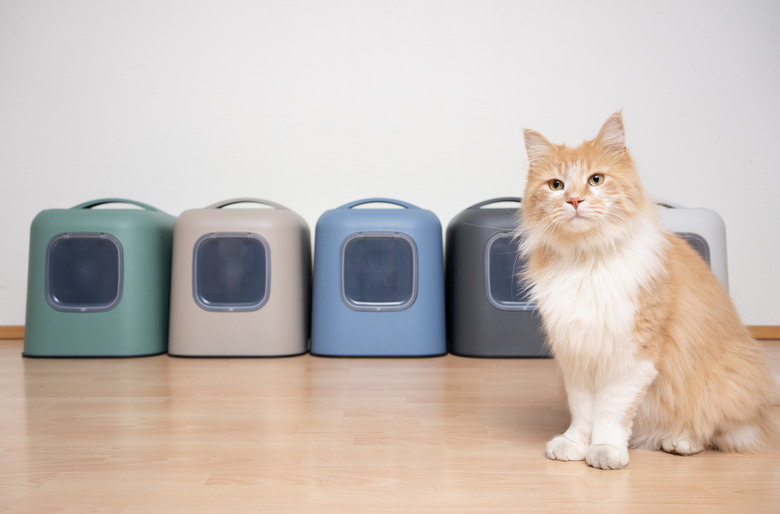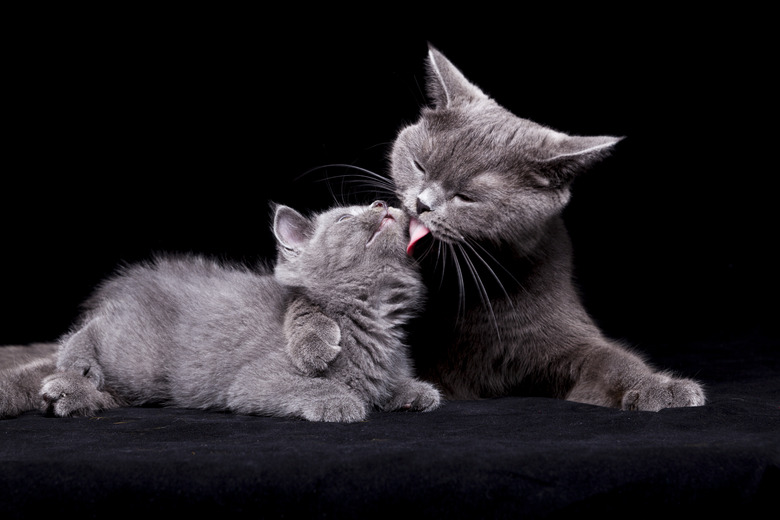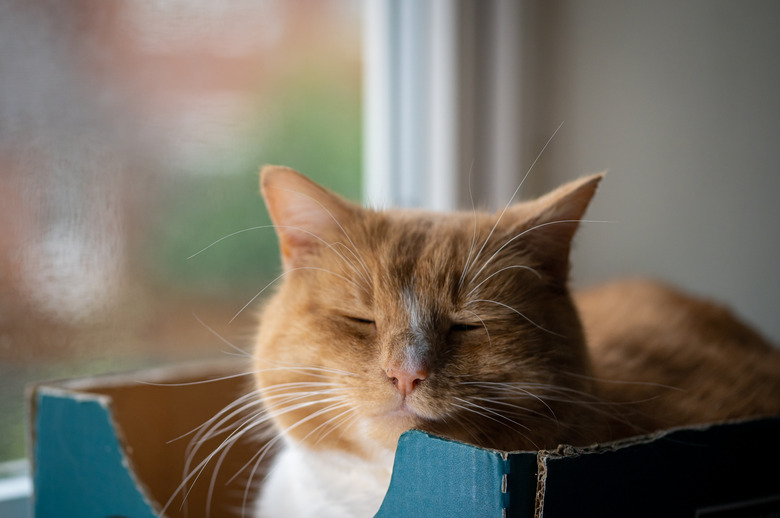How Do Cats Urinate?
Knowing how cats urinate normally is important because recognizing abnormal urinating behavior can often help you identify if your cat is having a health issue. Some problems with cats peeing can be serious. So, how do cats pee? From 3-week-old kittens to old age, cats normally urinate in basically the same way whether they are male or female.
To pee, cats generally squat, spread their hind legs so the paws are pointing in opposite directions, lift the tail, and release the urine downward. The tail is usually held still, but it may be lifted higher during urination. Male cats are more susceptible to urinary issues, such as obstructions.
How baby cats urinate
How baby cats urinate
Newborn kittens cannot urinate by themselves. Not urinating can kill them. The mother cat needs to stimulate the kitten's bladder by licking the newborn's genital area. Most kittens can urinate on their own by the time they are 3 weeks old.
If the kitten is orphaned, then a person needs to intervene. Take a cotton ball or warm old towel and gently rub it over the genital area to make the kitten urinate and defecate. This is done every time the kitten is given a feeding. The urine will be clear like water or will be pale yellow.
Where do cats urinate?
Where do cats urinate?
Cats prefer to urinate in absorbent material, such as in sand or loose earth. Kitty litter mimics this material, so cats can be easily trained to use a litter pan. Most house cats naturally gravitate to a litter box without much direction. However, experimenting with types of litter might be necessary because cats can be picky.
Also, a multicat household needs several litter boxes because cats can become possessive. One cat might chase another out of the litter box if there is only one option. Cats normally urinate without making a sound. If your cat cries out while urinating, they could have a bladder infection or stones and need to see a veterinarian.
Problems with cats urinating
Problems with cats urinating
If your cat is squatting but not peeing, this is cause for concern. It can be a sign of any number of health problems, including obstructions, which can be life-threatening. Urinary obstructions are often caused by crystals, small bladder stones, and cells. Male cats are more susceptible to obstructions because they have a narrower urethra than female cats.
For instance, if your male cat is crying while in the litter box and straining to urinate, this is an emergency. Your cat should be seen by a veterinarian that day because the bladder will continue to fill with urine. If the issue is not dealt with immediately, the bladder will pop like a balloon. Female cats can develop an obstruction, but it is less common.
Why do cats spray?
Why do cats spray?
Spraying is an action where urine is used as a scent marker to leave messages to other cats. If cats spray, it is most often on vertical surfaces, like walls or the side of your house. Also, cats sometimes spray on the floor or bed — even on a pile of clothes or in the suitcase of a new visitor. The latter suggests the cat is sending a message about the newcomer. But whether cats spray to communicate with humans has not been proven.
The majority of cats who spray are unaltered males, but all adult cats can spray, including females. The adult stands, lifts the tail high, and backs the tail up to where they want to spray. A few drops are deposited. The tail often quivers during this act, and the cat often turns around to smell that the area is appropriately marked.


